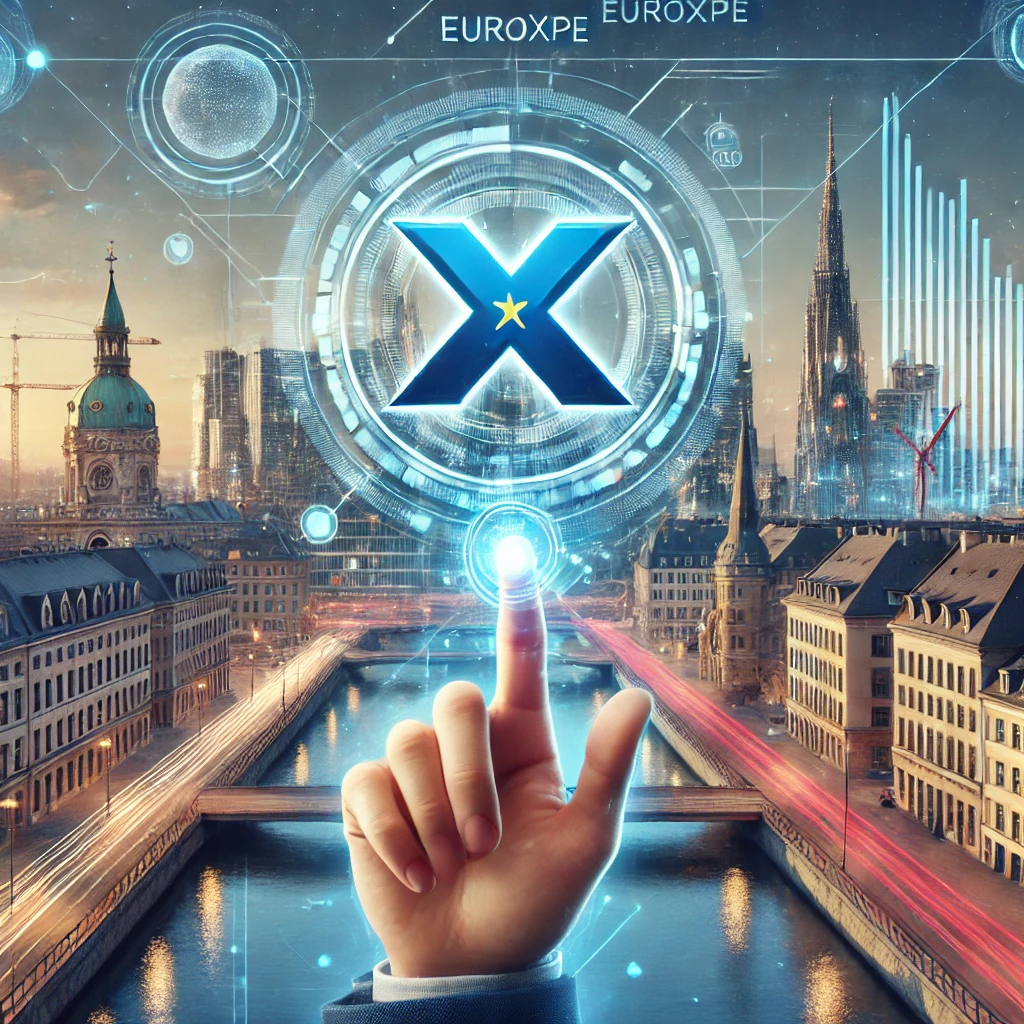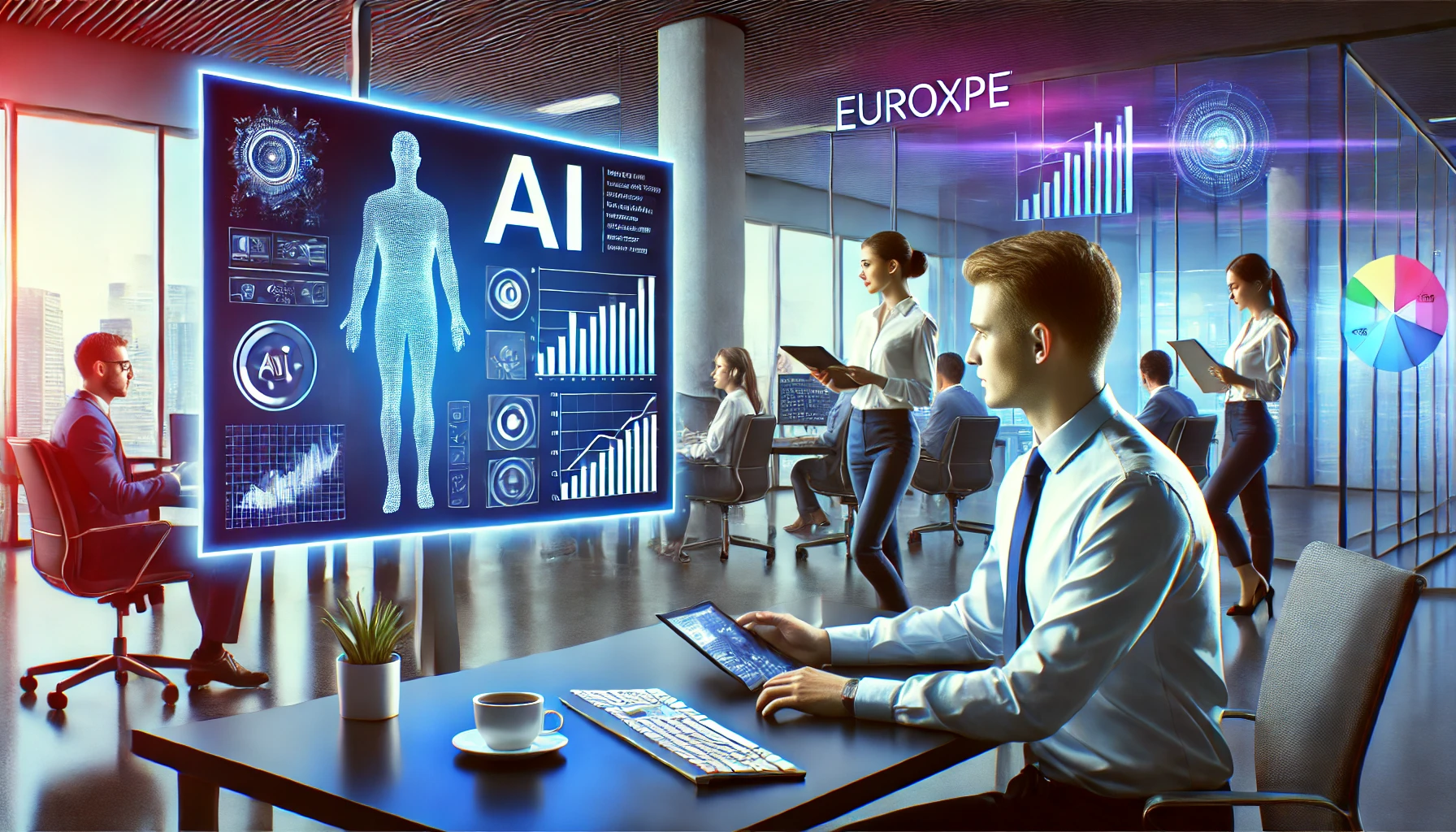France is hosting a global summit on artificial intelligence (AI) in Paris on February 10-11, gathering world leaders, top tech firms, and researchers to address the future of AI in an increasingly competitive world. The Paris Summit for Action on Artificial Intelligence comes at a time when the US and China are locked in a fierce race for AI supremacy, and Europe is striving to establish its regulatory influence. With diplomatic, technological, and ethical concerns on the table, the summit aims to shape a balanced and cooperative global framework.
High-Level Participation from Global Leaders and Tech Giants
The event has attracted a wide range of participants, including American tech giants such as OpenAI, Meta, and Google, as well as French startups like Mistral, Pigment, and Owkin. US Vice President J.D. Vance is set to attend, reflecting the significance of AI as a strategic priority for the US government. China will also be represented by Vice Premier Ding Xuexiang, underscoring the country’s active role in the global AI race. While the participation of Elon Musk, the controversial owner of X (formerly Twitter), remains unconfirmed, the summit is expected to serve as a platform for key negotiations on AI regulation, development, and security.
Europe’s Strategic Role in AI Governance
French President Emmanuel Macron co-chairs the summit alongside Indian Prime Minister Narendra Modi, highlighting the importance of cooperation between emerging markets and developed economies. Macron has positioned Europe as a potential leader in ethical AI regulation, distinguishing its approach from the less regulated, profit-driven American model and China’s state-controlled AI systems. Anne Bouverot, Macron’s special envoy for the summit, said the event sends a message that countries outside the US-China axis can shape the AI future.
“We need to decide whether to fight for full autonomy and independence in AI development or leave the competition to the US and China,” Macron stated during a speech on Friday. Europe, he emphasised, must balance innovation with regulation to protect privacy, security, and democratic values.
Challenges of US-China Rivalry
One of the primary challenges facing the summit is bridging the gap between US and Chinese interests. The Biden administration, with support from tech leaders, has been pushing back against European regulatory measures, arguing they could stifle innovation. In contrast, China’s rapid progress in AI-driven military and surveillance technologies has fuelled security concerns in the West, complicating efforts to find common ground.
Nevertheless, experts believe the summit provides a unique opportunity for dialogue, as it includes representatives from government, academia, and the private sector. Dr Julia Moreau, an AI policy expert, suggests that the meeting could be a starting point for establishing global standards, particularly in areas like AI ethics, data sharing, and algorithm transparency.
India’s Role in Emerging Markets
India’s participation, led by Prime Minister Narendra Modi, reflects the growing importance of AI in emerging markets. With its large pool of tech talent and expanding digital economy, India is seen as a critical partner for Europe in developing inclusive AI policies. Macron’s choice to co-host the summit with Modi is intended to signal that AI development is not limited to superpowers but can also benefit developing nations.
Towards a Shared Vision for AI
As the summit unfolds, the key question remains: Can countries with divergent political systems and technological strategies agree on a shared vision for AI development? While the geopolitical competition between the US and China may persist, France hopes that discussions in Paris will lay the groundwork for greater international cooperation, ensuring that AI benefits global society rather than becoming a tool of dominance or conflict.






